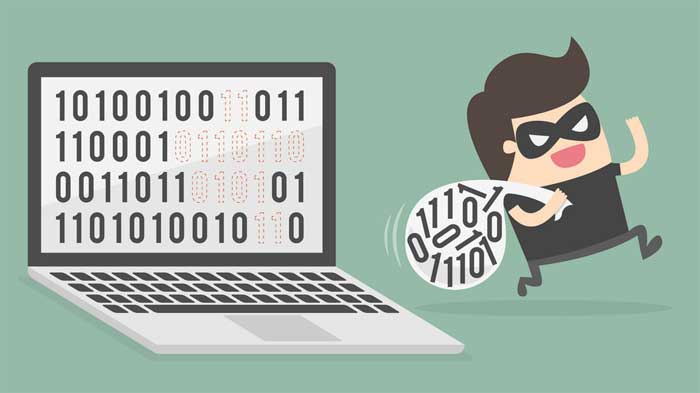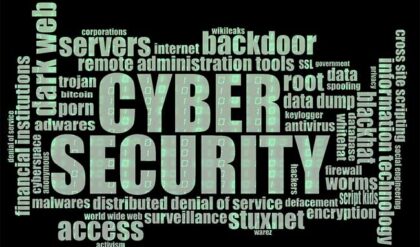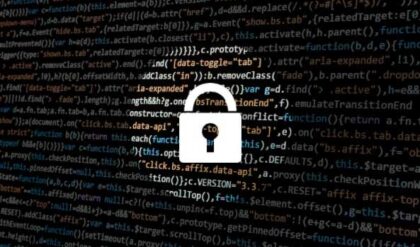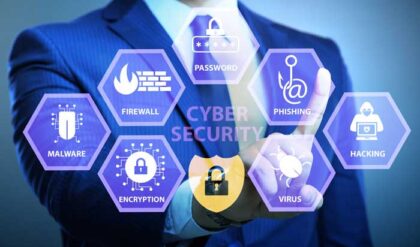Are you doing all you can to stay safe online?
Safe and private Internet browsing is almost as ephemeral and naive as Narnia. There are just too many third parties that you probably don’t even take into account that can view and gather information about your browsing history as well as your private information. Today’s realities are such that you might call your browsing history a public property. Social media, apps, government, ad networks – all of those entities use your personal data as freely as they need.
We tend to fall into self-deceit about our Internet habits being undetectable or private. This farfetched notion that we so ardently believe may lead to unforeseen and dire consequences that can range from blackmailing, data manipulation, account theft, and many more. Although you can’t be an omniscient being that is impervious to the Internet security flaws, you can take precautionary measures to prevent some of the most egregious Internet deeds done to you.
First, let us take a look at the most vulnerable spots that may endanger your Internet fare.
Terms of service
It is almost a universal tradition to scroll through the terms and services policy without giving a second thought about what’s in there. We all are guilty of this act of indolence. It is quite understandable, reading through bland judicious words is far from being a quality pastime activity. However, it would have been a great starting point to be more aware of your personal data sharing. Under this blanket of dry text, there is valuable hidden information about how your data will be treated. So, here is the advice of the year – try to at least skim through the important points to not expose your personal information to any risk. It is a great habit to acquire.
Web sites of dubious origin
It should be a no-brainer for battle-scarred Internet users that not all websites are as innocent as they seem. Especially, if they are nudging you to download a doc file with a shady ".exe" extension. There is no other way but to refuse this proposition on the basis that it is most likely (approximately 99,9%) malware. You can’t be falling for such sleazy tricks if you are going to spend a decent amount of time on the Internet.

Public WiFi
We all adore sipping a cup of steamy hot Starbucks coffee on a rainy day while surfing the Internet, social media or even making online payments. Truth be told, it is better to refrain from doing these sorts of things with public WiFi. Public WiFi poses a plethora of risks. First is eavesdropping. Since every information piece is being exchanged between you and the website’s server, there is a significant risk that a potential "Middle Man" can intervene and steal some of your data. So, do you have to outright strip yourself from that almost routine tradition? Not necessarily. There is a way you can enjoy the benefits of public WiFi while also undertaking basic security measures. VPN will be a saving grace here. As long as VPN encrypts your data traffic, you can pretty comfortably enjoy your coffee-Internet combo without being at risk of those pesky thieves stealing your credit card.
Now, with that out of the way, what can you personally do to protect your precious information from someone’s filthy hands getting to it?
VPN
Let us continue on the topic of VPN. Although VPN is a great way to secure a safe Internet environment, it might be a double-edged sword. What makes it tricky is the fact that "the same VPN provider can have access to your information and sell it to third parties and/or barrage you with a flurry of ads," says Ben Grant, the leading security representative at LinksManagement. In this case, you are basically choosing the worst of the two evils. However, there are trusted VPN providers that offer secure, encrypted and honest service, so, take your time and choose wisely.
Essential browser plugins
There are great browser plugins that can ensure that your connection not only will be safer and more secure but also will rid you of some of the invasive and irking pop-up ads out there. The most notable and popular one is AdBlocker. It needs no introduction and is an indispensable tool for clean and smooth Internet sailing. It not only cleanses website pages from those pest-like ads but also prevents tracking in some cases. Not to mention that it also speeds up the loading time of pages. And it’s completely free. There is no argument against not making use out of it.
"As with most things you should take great care when downloading plugins for your browser since there are plenty of those that have ulterior motives in mind. The reason being is that by giving access to an unreliable web plugin extension you are putting yourself at risk of being exploited. An untrusted browser extension can easily gather your browsing history, password data or even get access to your computer. Not to mention that in the day and age of cryptocurrency rise, your computer’s performance can also be subjugated to a secret mining facility" – says Photza’s data protection expert, Ethan Torres.
DNS Services
DNS also deserves an honorable mention. DNS stands for Domain Name System. DNS allows your provider to know what websites you frequented. And since most people don’t bother changing it, it can present a security and privacy leakage. Fortunately, the solution to this problem is extremely easy to resolve. Using a DNS service provider will guarantee you not so much a traceable environment. And since most of them are publicly available you don’t need to cash out premium prices, to be precise, you don’t need to pay at all. There is also an added bonus of faster page loading with services like Cloudflare.
The bottom line is that, although you can’t guarantee yourself an adamantly secure Internet space, it is fairly easy and affordable to fill up the most prominent holes of unsecured Internet surfing if you follow these simple guidelines and don’t make some of the obviously blundering missteps.
Marie Barnes is a Marketing Communication Manager at LinksManagement link building service and is a writer for gearyoda. She is an enthusiastic blogger interested in writing about technology, social media, work, travel, lifestyle, and current affairs.






